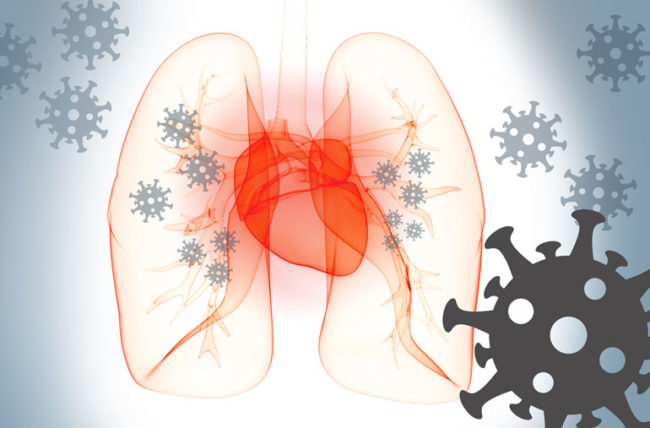Health experts have shown how the SARS-CoV-2 virus, which causes COVID19, can directly infect and kill heart muscle cells in a robust new study. The study has noted that cases of heart issues in patients with COVID19, which has been reported in the past, are not the result of inflammation in the retort of an infection. Rather, they have occurred due to the virus interfering with the heart muscles. Many federal agencies including the World Health Organization (WHO) have reckoned that COVID19 is a respiratory ailment. However, consistent reports, which have been published in 2020, have shown that patients who have been diagnosed with the disease have been dealing with notable heart issues. Early consensus has been that heart issues linked to COVID19 are a secondary outcome of common inflammation, which comes with the viral disease. The senior author of the new study, Kory Lavine has said that in the initial stage of the pandemic, it has been reported that the virus can lead to heart failure and cardiac injury in healthy people. Some of the college athletes, who have been cleared to take part in competitive athletics, have been found to have scarring in the heart. It has been unclear whether it has happened due to a direct infection in the heart or due to a general inflammatory response, which is a result of a lung infection.
Experts have coaxed heart muscle models with the help of stem cells to find out how the SARS-CoV-2 virus affects human heart tissue. These in-vitro models have helped experts to show how the virus infects heart muscle cells specifically. With the help of these models, experts have revealed that the virus directly kills the heart cells that are called cardiomyocytes, which are responsible for muscle contraction. Experts have claimed that the damage of heart cells of this type can take place in the absence of any inflammation and can be increased by any ensuing inflammation. Dr. Kory Lavine has said that the inflammation might be a second hit on top of the damage caused by the virus, but it cannot be the original cause of the heart injury. He has said that unlike other pathogens, the SARS-CoV-2 virus appears to impact the heart in an uncommon way. While other pathogens such as influenza affect the heart, the SARS-CoV-2 virus impacts a different type of immune cells, which might help understand why heart injury can last for months among people who have recovered from COVID19.
The senior author of the new study has said that usually, immune cells, which tend to respond to other viruses, are linked to short-term disease relatively. Such short-term diseases are resolved with standard health care. Nevertheless, the immune cells, which are affected by the SARS-CoV-2 virus among COVID19 patients with heart injury, are linked to a severe condition that can have long-lasting consequences. Experts have said that long-term heart issues are significantly found in patients who have recovered from COVID19. A recent study, which has tracked hospitalized COVID19 patients for months after discharge has found that 50 percent of these patients have been dealing with some type of continuing heart injury. Dr. Kory Lavine and his colleagues from the Washington University School of Medicine have been planning to develop new animal models to determine the effect of the COVID19 on the human heart. However, the findings of the new study have not been able to find out how long these heart issues can last or what effect they will have on people’s cardiovascular health in the future. The authors of the new study have said that young people who are dealing with mild symptoms of heart issues can be diagnosed with serious heart ailments later in life. The findings of the new study have been released in the journal JACC: Basic to Translational Science.
